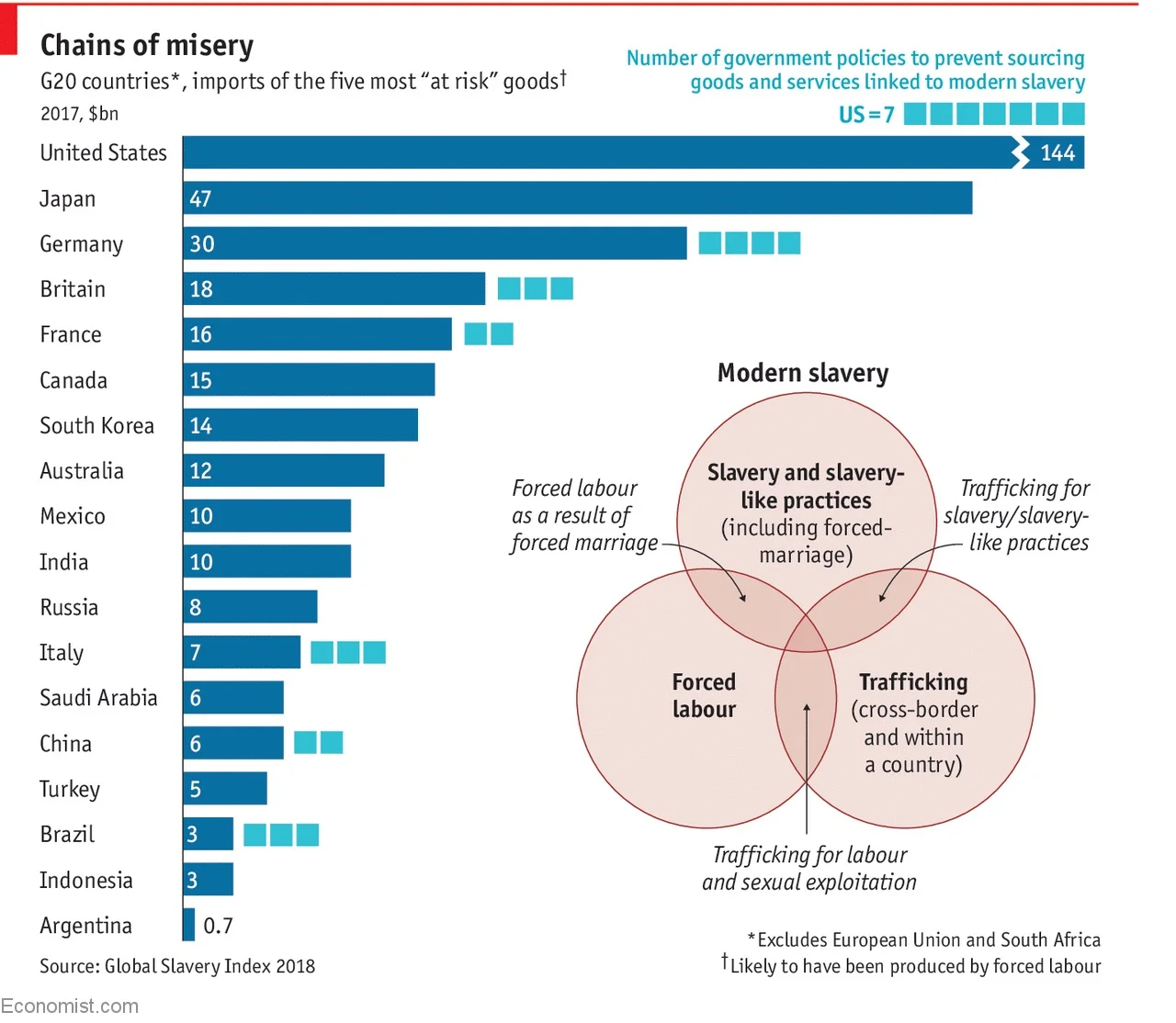There can’t be many of us who haven’t at some point in our working lives come across leaders who have a ‘dark’ side. Maybe in the past, you’ve worked for a manager who’s a bit of a narcissist – someone who truly believes they are head and shoulders above everyone else, is arrogant in the extreme and only happy when they are basking in the glow of admiration from others.
Or perhaps you’ve been unfortunate enough to encounter someone with Machiavellian tendencies. A calculating, master manipulator, who has no morals and will do whatever it takes to achieve their goals. You might even have come across a psychopath – a cold, unstable and aggressive leader who appears to be completely lacking in empathy and behaves in unpredictable ways.
Read More




















